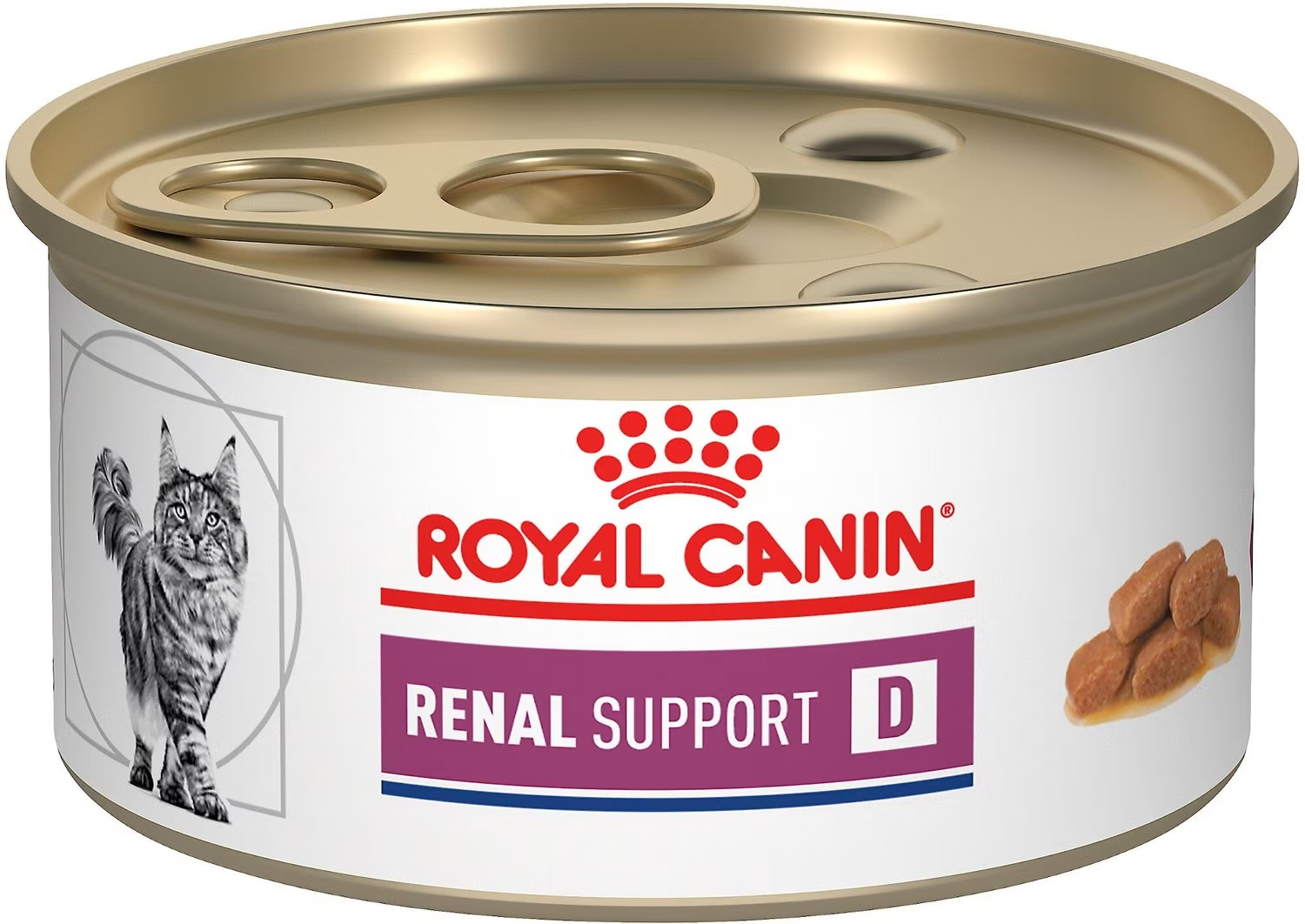Caring for a feline companion involves understanding their nutritional needs, which vary significantly from the playful days of kittenhood to the serene twilight of their senior years. Herein lies a guide to navigate the delicate balance of diet through the various stages of a cat’s life.
Feeding the Young: Nutritional Protocols for Kittens
- Infancy (0-6 Weeks)
The youngest of kittens, those under six weeks old, thrive on a diet of their mother’s milk or a high-quality kitten formula designed to mimic this essential nourishment. Their fragile digestive systems are not prepared for the complexities of nutrition pastes or solid foods. In lieu of supplementing the diet of the kitten, focus on enhancing the nutrition of the nursing mother. This will not only aid in her recovery from birth but also enrich the quality of her milk, benefiting her litter.

- Weaning (1-2 Months)
As kittens approach the one-month mark, you may begin to introduce them to a slurry of soft foods. By the time they reach two months, a cautious and gradual introduction to nutrition paste can commence, strictly adhering to the guidelines set forth by the product’s manufacturer. Moderation is the watchword during this transition.
- Adolescence (8 Months and Beyond)
Upon reaching eight months, the kitten, now an adolescent, is ready to switch to adult cat food. Select a brand that meets the specific nutritional requirements of growing cats, ensuring a balanced diet that supports their continued development.
Managing Weight: Strategies for Adult Cats
- The Overweight Cat
For cats that carry extra weight, a strict dietary management plan is imperative. It’s crucial to avoid overusing nutrient pastes and other high-calorie supplements. Instead, focus on controlled portions and balanced meals, and couple this with regular physical activity to promote weight loss and maintain a healthy physique.
Health and Nutrition: Considerations for the Ailing Cat
- Illness and Recovery
When cats face health challenges, nutritional supplements can provide a valuable boost of essential nutrients they may be lacking or unable to synthesize due to illness. While these supplements can aid in recovery, they are not a substitute for medication. Veterinary intervention is paramount in treating any serious condition. Nutritional support should be viewed as a complement to, not a replacement for, professional medical care.























































